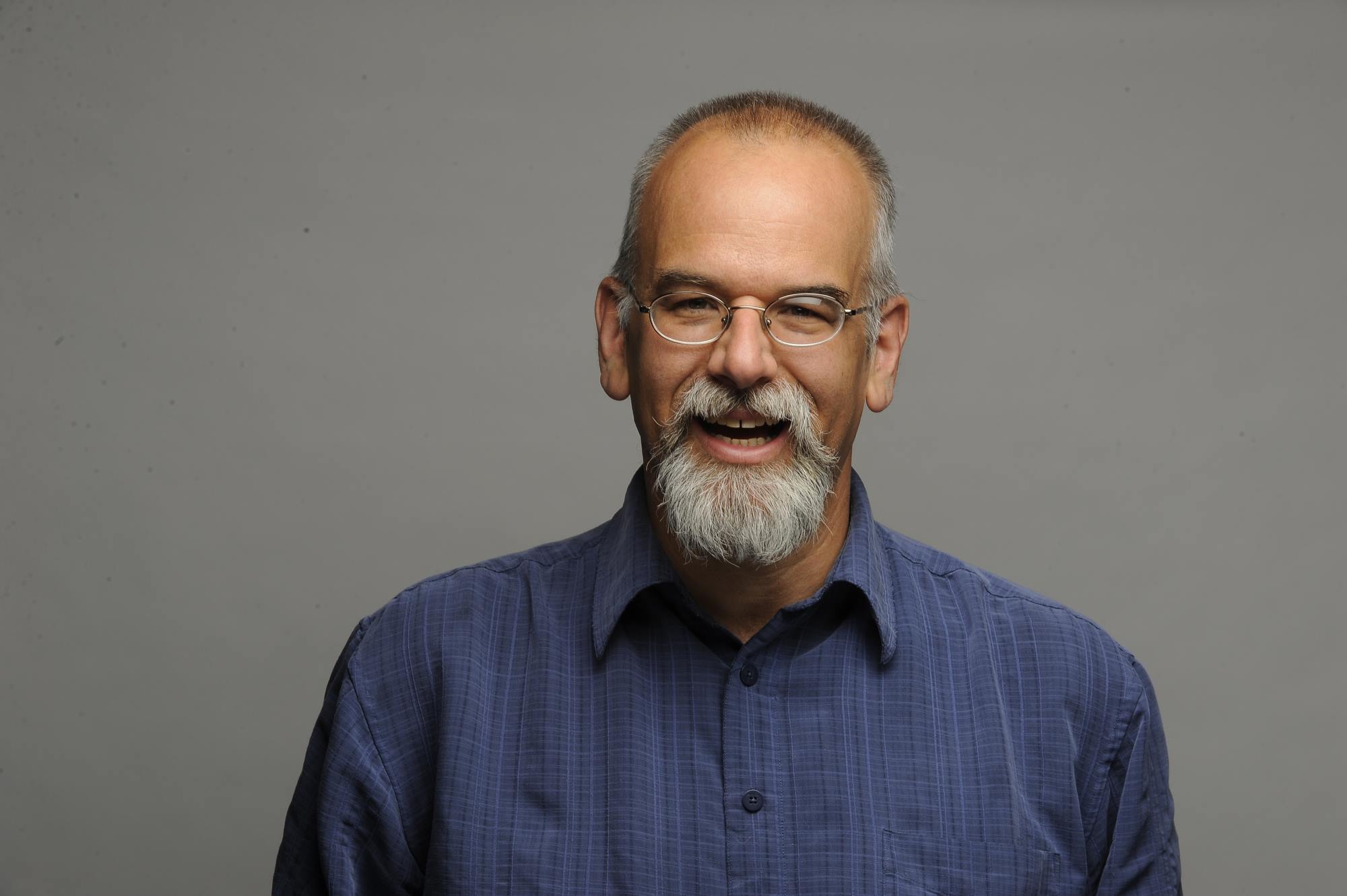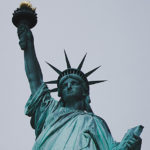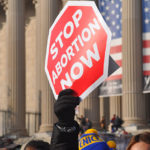
By Bob Smietana
When many Americans need a spiritual boost, they head to church.
Or look to the mountains.
Or pick up some crystals.
Four in 10 Americans (42 percent) believe spiritual powers rest in physical objects like mountains, trees, and crystals, according to a new study of American religion from Pew Research.
A similar number (41 percent) believe in psychics. A third (33 percent) believe in reincarnation, while 29 percent believe in astrology.
While the nation has become more secular, according to Pew’s report, it’s also filled with spiritual beliefs that fall outside of traditional faith. And the number of Americans who accept New Age beliefs include the highly religious and skeptics alike.
“New Age beliefs are common, even among Americans who are highly religious in traditional ways,” according to Pew’s report.
A different angle on faith
Many reports from Pew and other religion researchers sort Americans into categories like Catholics, evangelicals, mainline Protestants, Jews, and other groups.

For this report, Pew tried a new method. They asked 4,729 Americans—who are part of a representative online panel—a series of questions about their religious beliefs and practice: what they believe about heaven, hell, God, and spirituality; how often they pray, attend services or read the Bible; and how important religion is in their life and where they find meaning.
Then Pew sorted those who responded into seven categories. Each group has its own spin on what faith and religion are like, according to Pew.
Overall, about 4 in 10 Americans (39 percent) qualify as “highly religious” according to Pew. They include:
- Sunday Stalwarts (17 percent), who hold traditional beliefs, are very engaged in their faith, and show up to religious services (even if they aren’t held on Sundays).
- God and Country Believers (12 percent), who are socially conservative but don’t necessarily show up at church or other services.
- Diversely Devout (11 percent), who identify with a traditional religion but also believe in psychics, reincarnation, and the spiritual power of crystals and mountains. It’s the most ethnically diverse category.
About a third of Americans (32 percent) are classified as “somewhat religious.” They say religion is important to them, but they don’t practice in traditional ways or attend services. And they have a wide variety of beliefs.
They include:
- Relaxed Religious (17 percent), who say religion is important but don’t think you have to believe in God to be moral. Few read the Bible but some do pray daily.
- Spiritually Awake (15 percent), who believe in heaven and hell but have few traditional practices. And they love New Age beliefs.
Three in 10 Americans (29 percent) are not religious. They don’t see much good in religion but may be open to belief in a higher power.
They include:
- Religious Resisters (12 percent), who believe in a higher power (but not the God of the Bible) and think religious groups do more harm than good. Some have New Age or spiritual beliefs.
- Securely Secular (17 percent), who don’t hold traditional religious beliefs and reject New Age spirituality.
Along with their distinct take on religion—several of the groups have very strong views on politics and have different demographics.
For example, the majority of Sunday Stalwarts and God-and-Country Believers are Protestant—and evangelicals are the largest single tradition in both groups. The Diversely Devout category has “fewer Protestants and more unaffiliated people, often called nones,” according to Pew.
Women make up more than half of the Sunday Stalwarts (57 percent), God and Country Believers (59 percent), Diversely Devout (55 percent), Spiritually Awake (62 percent), and Religious Resister (55 percent) groups. Men make up more than half of the Solidly Secular (65 percent) and Relaxed Religious (53 percent) groups.
The Solidly Secular group is the least diverse. Seventy-nine percent are white. Two percent are African American, 9 percent are Hispanic, and 10 percent are from other ethnicities. By contrast, 43 percent of the Diversely Devout are white. Eighteen percent are African American. Thirty percent are Hispanic, and 9 percent are from other ethnicities.
“Race, ethnicity, age, education, and political opinions were not among the characteristics used to create the groups,” according to the report. “Yet some of the groups have strong partisan leanings or distinctive demographic profiles, illuminating the intrinsic connections between religion, race, and politics in America.”
Finding meaning in different ways
Sunday Stalwarts—about 1 in 5 Americans—are the only group where most people attend services weekly (82 percent). They also pray daily, (84 percent), participate in church groups (100 percent), and believe in the God of the Bible (94 percent). They find great meaning in their faith (87 percent) and believe organized religion does more good than harm.

Half (54 percent) say the Bible is the Word of God. Sixty-two percent say you have to believe in God to be a moral person. About three in 10 (29 percent) say physical things can have spiritual power.
The other six groups steer clear of religious services. Twenty-nine percent of God-and Country-Believers show up in church weekly.
Less than 5 percent of either somewhat religious or non-religious Americans link belief in God with morality.
Almost all of the Devoutly Diverse, Spiritually Awake, and Religious Resisters say that physical objects can have spiritual power. Those groups are also most likely to believe in psychics, reincarnation, and astrology.
Faith provides the most meaning in life for Sunday Stalwarts. Spending time with family provides the most meaning for all other groups—except the Religious Resisters, who find the most meaning being outdoors.
The Solidly Secular are least likely to find meaning in spiritual practices. Less than half find a great deal of meaning in life by spending time with family or friends, being outdoors, caring for pets, listening to music, reading, their job, arts and crafts, sports, political causes, volunteering, or watching television. Almost none find meaning in religion or spiritual practices.
The Spiritually Awake (27 percent) and Religious Resisters (27 percent) are most likely to find meaning in playing sports or exercise. The Relaxed Religious (17 percent) are least likely.
The Diversely Devout (26 percent) are most likely to find a great deal of meaning in watching television. The Solidly Secular (8 percent) are least likely.
“Pew Research Center’s religious typology is not meant to replace conventional religious affiliations, but rather to offer a new and complementary lens with which to glean new insights into religion and public life in the U.S.,” said Pew in announcing the report.
Along with the report, Pew also released an online quiz, where Americans can find out which group they fit into.

Bob Smietana
Bob is the former senior writer for Lifeway Research. In September 2018, he joined Religion News Service, where he currently serves as a national writer.











